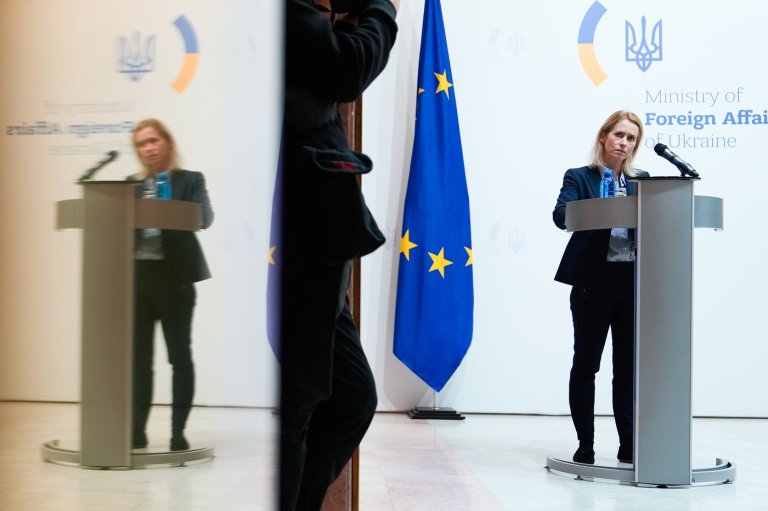
Guatemala’s president denies new asylum deal with US
GUATEMALA CITY (AP) — Guatemala President Bernardo Arévalo said Friday he has not signed an agreement with the United States to take asylum seekers from other countries, pushing back against comments from U.S. Homeland Security Secretary Kristi Noem.
Noem and Arévalo met Thursday in Guatemala and the two governments publicly signed a joint security agreement that would allow U.S. Customs and Border Protection officers to work in the capital’s airport, training local agents how to screen for terrorism suspects.
But Noem said she had also been given a signed document she called a safe third country agreement. She said she reached a similar deal in Honduras and said they were important outcomes of her trip.
“Honduras and now Guatemala after today will be countries that will take those individuals and give them refugee status as well,” Noem said. “We’ve never believed that the United States should be the only option, that the guarantee for a refugee is that they go somewhere to be safe and to be protected from whatever threat they face in their country. It doesn’t necessarily have to be the United States.”
Asked about Noem’s comments Friday during a news conference, Arévalo said that nothing new was signed related to immigration and that Guatemala was still operating under an agreement reached with U.S. Secretary of State Marco Rubio in February. That agreement stipulated that Guatemala would continue accepting the deportation of its own citizens, but also citizens of other Central American nations as a transit point on their way home.

Arévalo said that when Rubio visited, safe third country was discussed because Guatemala had signed such an agreement during U.S. President Donald Trump’s first term in office. But “we made it clear that our path was different,” Arévalo said.
He did add that Guatemala was willing to provide asylum to Nicaraguans who have been unable to return to their country because of the political situation there out of “solidarity.”
The president’s communications office said Noem had been given the ratification of the agreement reached through diplomatic notes weeks earlier.
During Trump’s first term, the U.S. signed such safe third-country agreements with Honduras, El Salvador and Guatemala. They effectively allowed the U.S. to declare some asylum seekers ineligible to apply for U.S. protection and permitted the U.S. government to send them to those countries deemed “safe.”



Join the Conversation!
Want to share your thoughts, add context, or connect with others in your community?
You must be logged in to post a comment.


















